A new report by federal researchers has advocated to increase the amount of illicit drugs an individual can legally possess in British Columbia despite an increase in calls for the recriminalization of hard drugs in the province.
British Columbia allows individuals to possess up to 2.5 grams of illicit drugs as part of the province’s decriminalization pilot project. A new study conducted as part of ongoing research by the Canadian Institutes of Health and Research to determine the public health and economic impact of drug decriminalization said that drugs users have complained about the limit and advocated for an increase to legal amounts.
The study, “Evaluation Of The British Columbia Exemption To Allow For Personal Possession Of Small Amounts Of Illegal Drugs Semi-Annual Meeting: What We Heard Report,” which was first covered by Blacklock’s Reporter, included interviewing drug users, with at least 55 people interviewed so far.
Citing the drug users, the study says “the 2.5g threshold is too low and is unreflective of their substance use patterns,” and added that it prevented addicts from buying drugs in “bulk,” saying that could be an issue for addicts living in rural communities.
“Buying in bulk may be more economical, particularly for PWUD [people who use drugs] residing in remote communities. It is common practice to purchase in bulk and split or share among peers,” said the document.
The research comes as opposition to decriminalization increases.
Three Metro Vancouver city councillors called on the province on April 22 to end its “failed” drug decriminalization experiment, adding to the voices of municipal politicians and opposition MLAs who decry rampant public drug use.
The federal government granted B.C. an exemption to the criminal ban on personal possession of cocaine, opioids, methamphetamine, and other illicit narcotics in 2023 as part of a decriminalization pilot project expected to last until January of 2026. But the decriminalization of drugs in the province has come under controversy since its implementation by the NDP government.
Research by the federal government Provy Council Office (PO) released last year found that B.C. residents surveyed had a largely negative view of drug decriminalization and thought the government should be more focused on discouraging the use of illegal drugs.
Drug decriminalization has also not led to a reduction in the number of overdose deaths in the province, with RCMP Deputy Commissioner Dwayne McDonald telling a House of Commons committee as much earlier this month.
Dep.- Comm. McDonald added that while fewer people have been charged with criminal offences related to drug possession as a result of decriminalization, there have been “challenges” regarding public consumption of drugs and other criminal behaviours.
“Safer supply” drugs provided by the government have also been cited by B.C. as an effort to reduce the number of overdose deaths, but those drugs have been increasingly been sold illegally by criminals.
In March, the B.C. RCMP seized over 10,000 pills, many of which they said were part of the safer supply program.
“We have noted an alarming trend over the last year in the amount of prescription drugs located during drug trafficking investigations, noting they are being used as a form of currency to purchase more potent, illicit street drugs,” Cpl. Jennifer Cooper said following a drug bust in Prince George.
“Organized crime groups are actively involved in the redistribution of safe supply and prescription drugs, some of which are then moved out of British Columbia and resold. The reselling of prescription drugs significantly increases the profits realized by Organized Crime.”

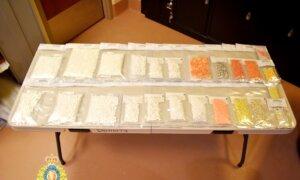
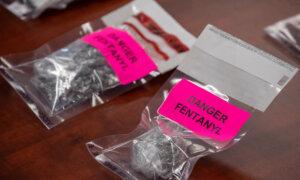

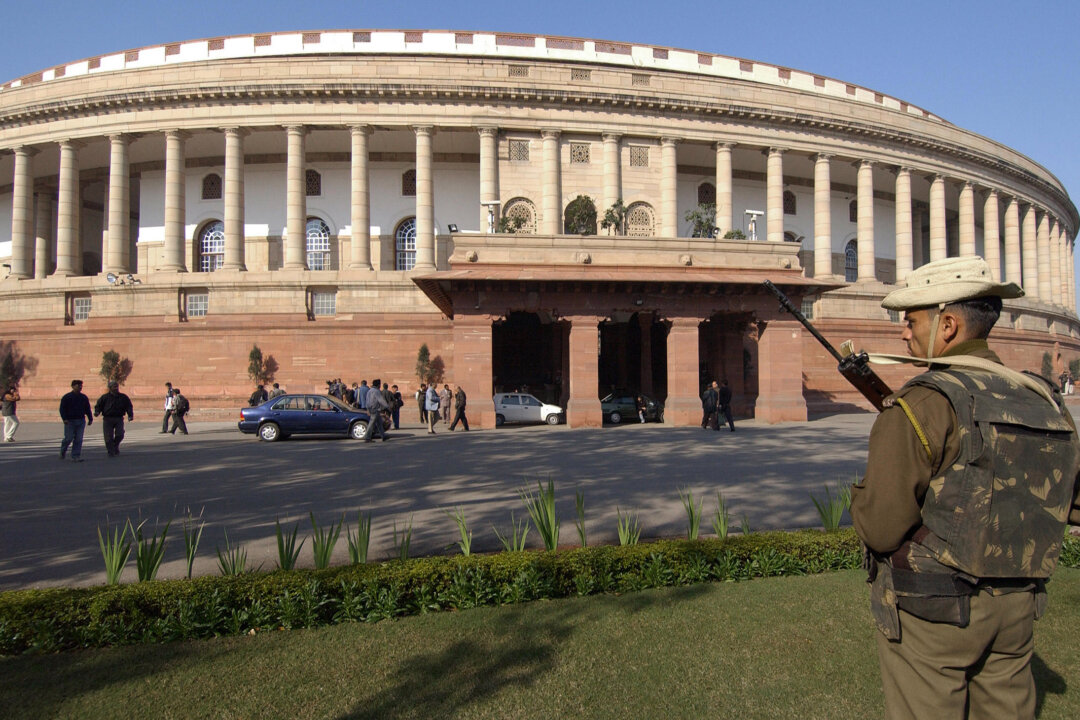

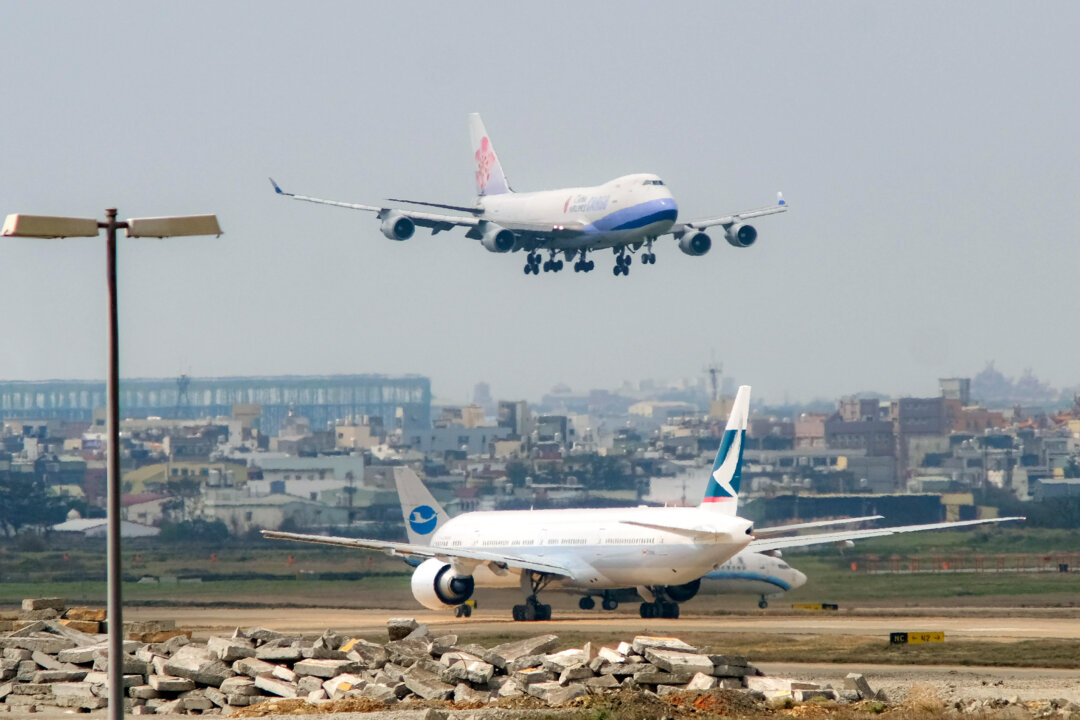
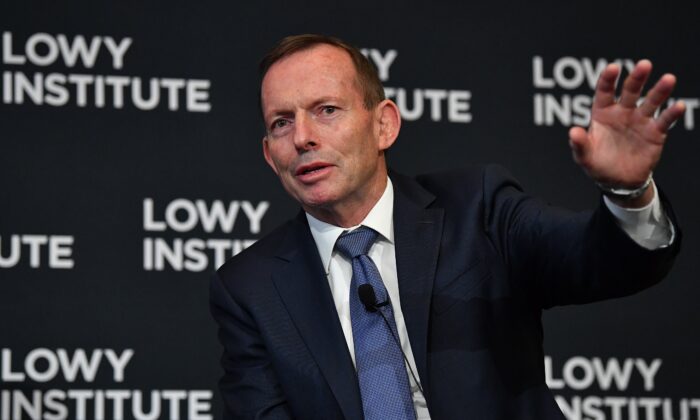
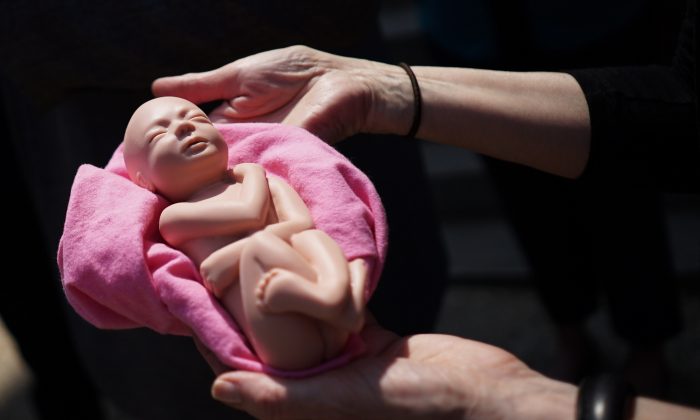

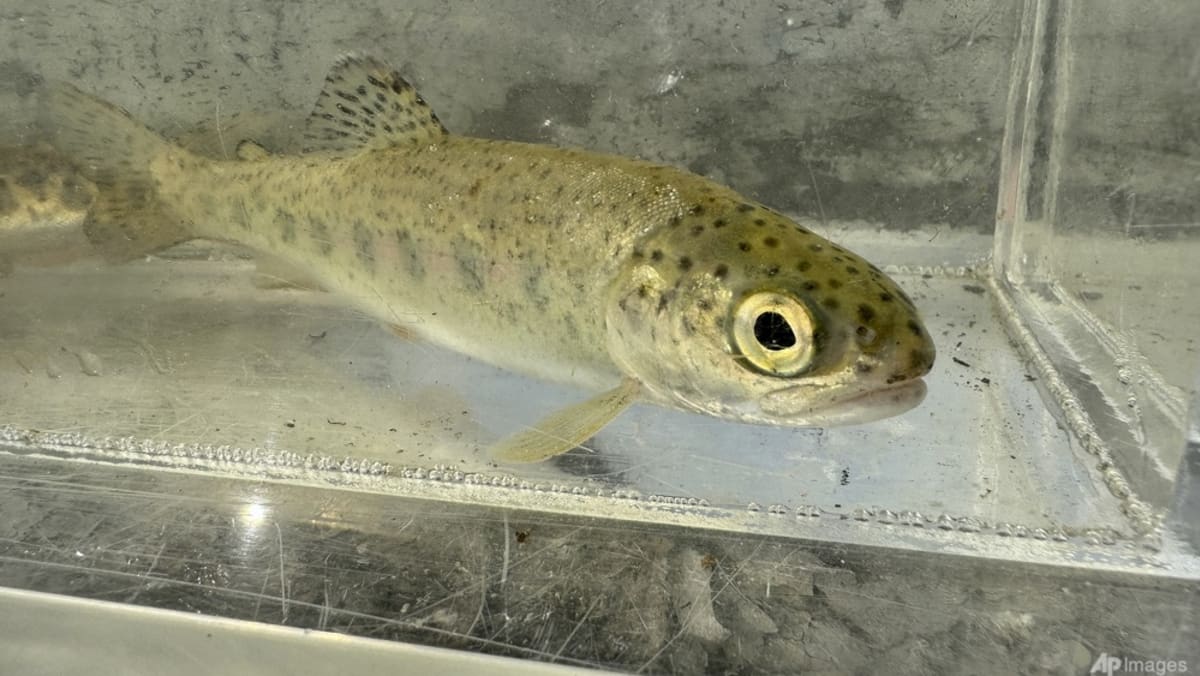



 English (US) ·
English (US) ·  Turkish (TR) ·
Turkish (TR) ·